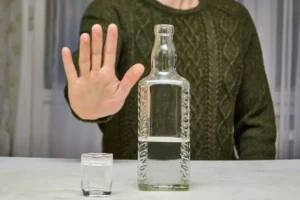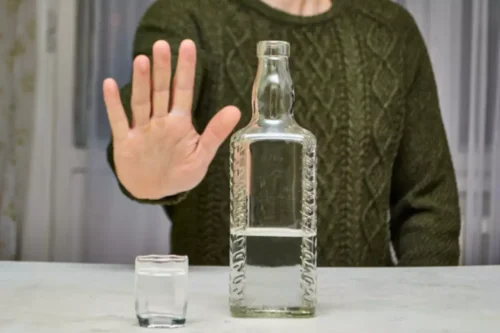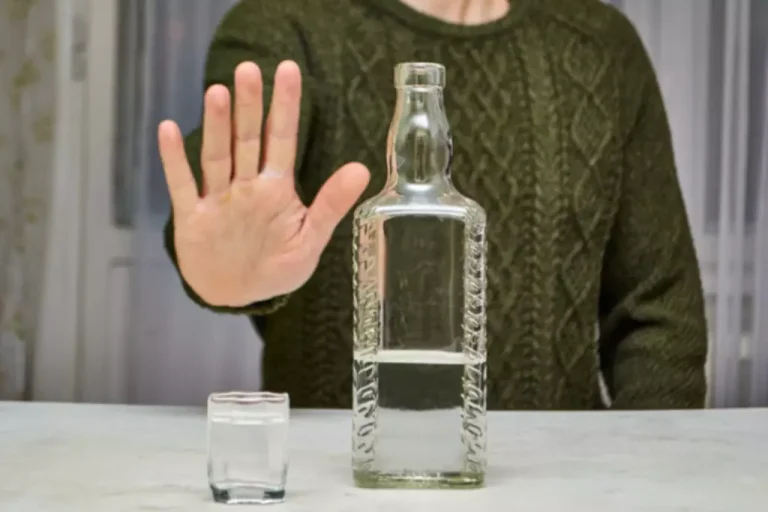
Drunk individuals often slur their words as alcohol impairs the brain’s ability to control fine motor movements, including speech. They may feel slightly more relaxed but are still in control of their actions. Although being drunk can feel fun to begin with, it is a sign that alcohol has temporarily changed how the brain functions. Continuing to drink when already feeling drunk can increase a person’s risk of complications.
- This emotional volatility can lead to misunderstandings or conflicts between friends or acquaintances who are out drinking together.
- Some people may also experience night sweats due to alcohol withdrawal syndrome or alcohol intolerance.
- A night of drinking five to six drinks suppresses your immune system for up to 24 hours, making you more vulnerable to illnesses like bacterial or viral infections.
- Critical slowing of body functions occurs, leading to a life-threatening situation.
- Alcohol abuse plays a major role in the perpetration of intimate partner violence.
- This stage is marked by a sense of euphoria and increased sociability.
How Alcohol Affects the Brain and Body

If you start to feel overly relaxed, dizzy, or disoriented, it’s a sign to stop drinking and give your body time to process the alcohol you’ve already consumed. When someone experiences alcohol poisoning, their body becomes overwhelmed by the amount of alcohol in their system. This condition can lead to severe health complications, including coma or death if left untreated. It’s critical to recognize the symptoms early and take immediate action.
Exploring What Being Drunk Feels Like: Insights for Healthier Drinking Habits
- The social context plays a crucial role in shaping what one feels when drunk.
- This is because alcohol dilates blood vessels, which causes blood to flow closer to the skin’s surface.
- You might say things you wouldn’t normally say, take risks, or behave in ways that surprise you later.
- The reticular activating system is an area in the brainstem that controls consciousness, alcohol can dampen this system.
- Alcohol consumption increases the production of stomach acids, which can irritate the stomach lining and lead to nausea, vomiting, and heartburn.
Sleeping off a night of drinking what do you feel when your drunk might help you feel better the next day, but alcohol continues to affect your body even while you sleep. In some cases, intoxication can worsen while you’re unconscious, especially if you’ve had a large amount of alcohol in a short period. It’s important to monitor anyone who’s extremely drunk and ensure they’re safe while they rest. Alcohol poisoning occurs when the concentration of alcohol in the bloodstream reaches toxic levels, shutting down essential bodily functions. In severe cases, alcohol poisoning can result in brain damage or death. Many people are curious about how alcohol affects the body, both physically and emotionally.
Social Dynamics While Drinking

Being drunk feels different for everyone, but there are some commonalities. Generally, people report feeling more relaxed and less inhibited when they are drunk. This can lead to people acting more wildly or impulsively than they normally would. Alcohol impairs your brain’s ability to make rational decisions and control behavior.
How to Use Vision, Hearing, Taste & More to Recognize Epilepsy
Typically, this stage occurs with two to three drinks per hour for men and one to two what is Oxford House drinks per hour for women. Initially, individuals may feel happy and relaxed, but as intoxication increases, these positive emotions can quickly turn into irritability, sadness, or anger. These mood swings are often unpredictable and can lead to conflicts and misunderstandings in social settings.

Prolonged use of alcohol is toxic to neurons and can result in neuron death. This stage is characterized by unresponsiveness and a high risk of choking or injury. Individuals may need medical attention to prevent serious harm. When we get sloppy drunk frequently, it can put a strain on our relationships with others. Our loved ones may get tired of taking care of us when we’ve overdone the alcohol, yet again. Drinking alcohol releases norepinephrine into the brain, a stimulant that can lower our inhibitions and make us more impulsive.
Alcohol has the ability to impact emotions and behavior, often resulting in changes in mood and personality. Initially, alcohol can induce feelings of relaxation and reduced inhibitions. However, as consumption increases, it can lead to heightened emotions, aggression, and impaired judgment. The consumption of alcohol directly influences specific processes of the brain, the command center of the body, which results in feeling inebriated. Individual differences such as genetics, mental health, and tolerance levels can significantly influence how alcohol affects a person. One of the most noticeable physical effects of being drunk is the loss of coordination.

Negative Social Interactions
When you’re drunk, emotional changes can be profound and unpredictable. Initially, many individuals experience a sense of euphoria and increased sociability due to heightened dopamine levels. However, as intoxication progresses, these emotions can shift dramatically.
- Our daily research-backed readings teach you the neuroscience of alcohol, and our in-app Toolkit provides the resources and activities you need to navigate each challenge.
- Older people, people who have little experience drinking, females, and smaller people may have a lower tolerance to alcohol than others.
- Inner Voyage prepares you to experience recovery, even if you’ve relapsed in the past, and to help you re-enter the world as your healed self.
- “Stress can also affect how quickly you get drunk as when you are more stressed you get an influx of different hormones in the body including the stress hormone cortisol.
Heavy drinking can lead to easy bruising and bleeding, and not just because you’re more prone to falling and hitting table corners when drunk. If you’re not consciously keeping track of the drinks you’ve chugged, it’s easy to go over these limits. According to the CDC, moderate drinking is defined as having two standard drinks or less per day for men and one drink or less per day for women. Either way, feeling the buzz without drinking might not sound like it’s serious.
For one thing, sudden withdrawal from alcohol can cause severe symptoms, including anxiety, tremors, and hallucinations. Additionally, quitting alcohol suddenly can trigger a relapse for people who are in recovery https://ecosoberhouse.com/ from alcoholism. Finally, intoxication often leads to slowed reflexes and coordination, which can make balance and walk difficult. If you see someone displaying these symptoms, it’s a good bet they’ve had too much to drink.
